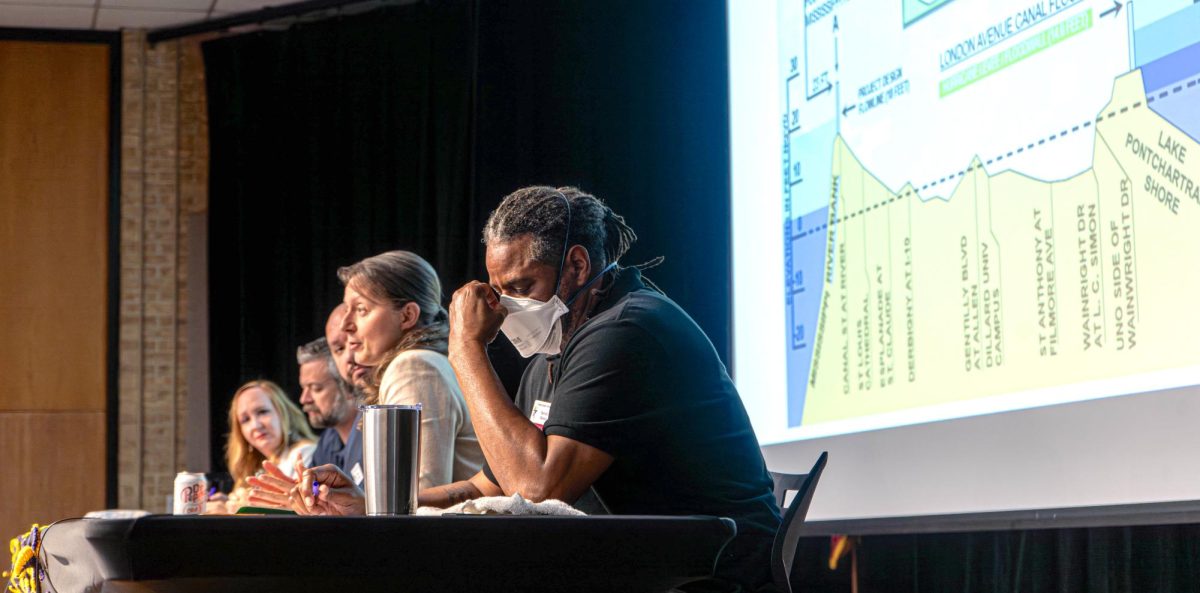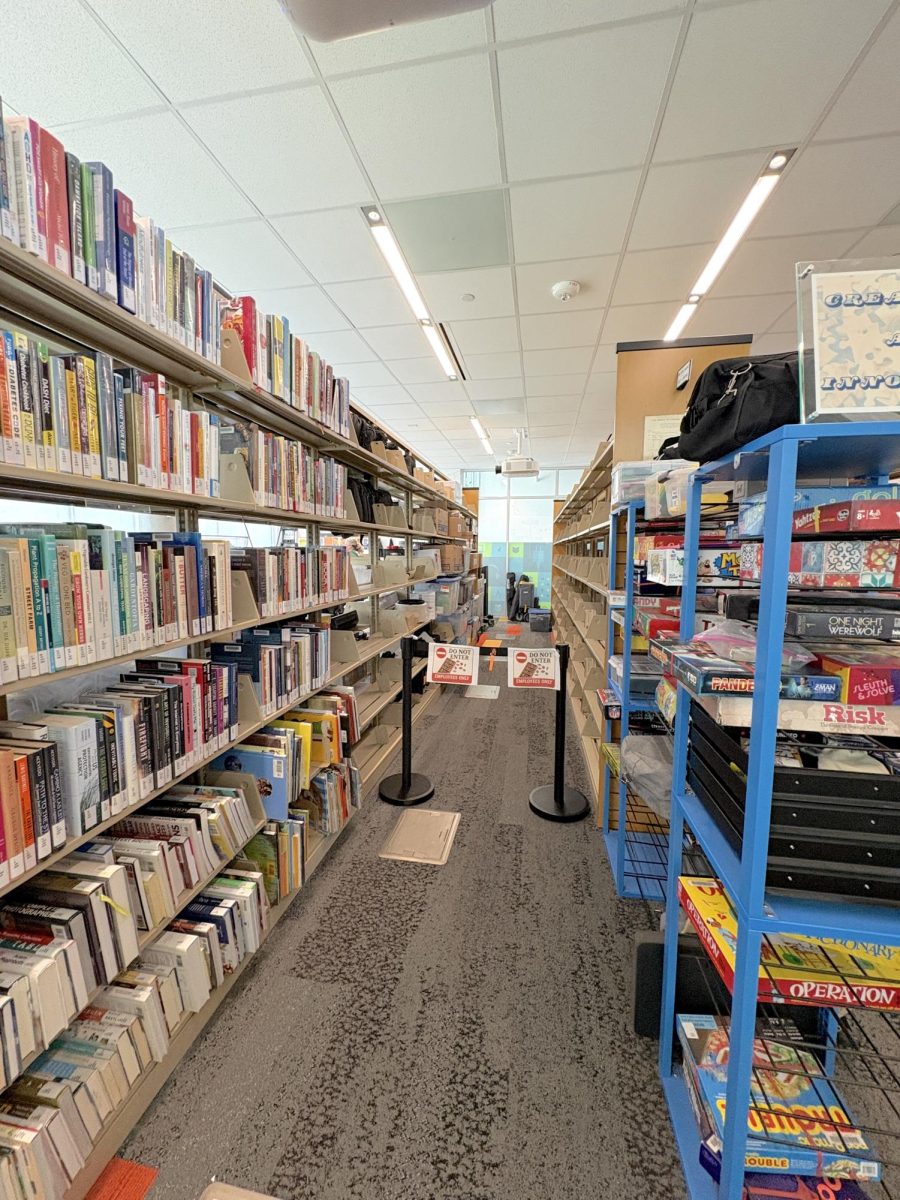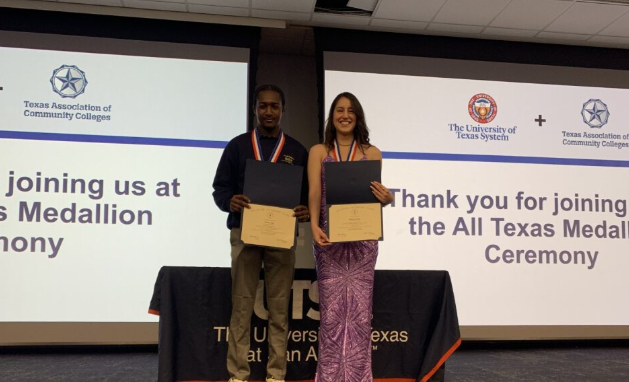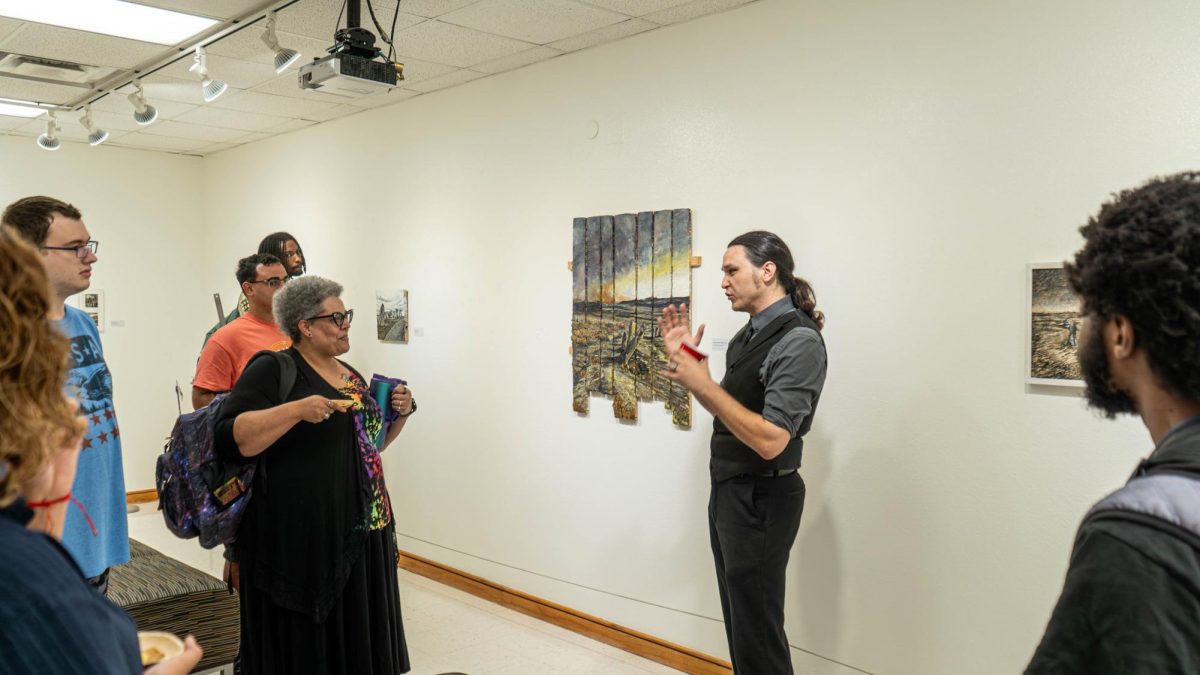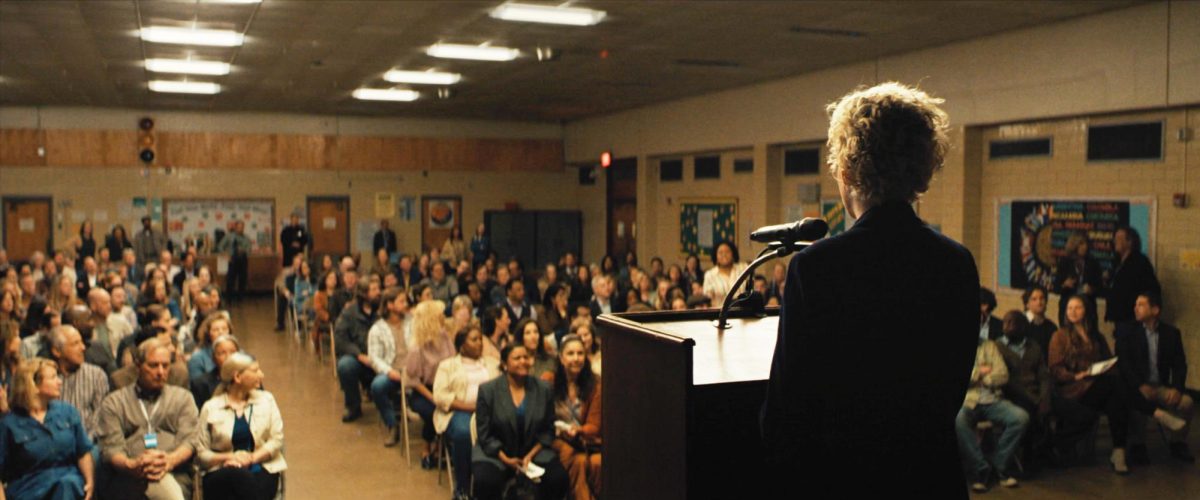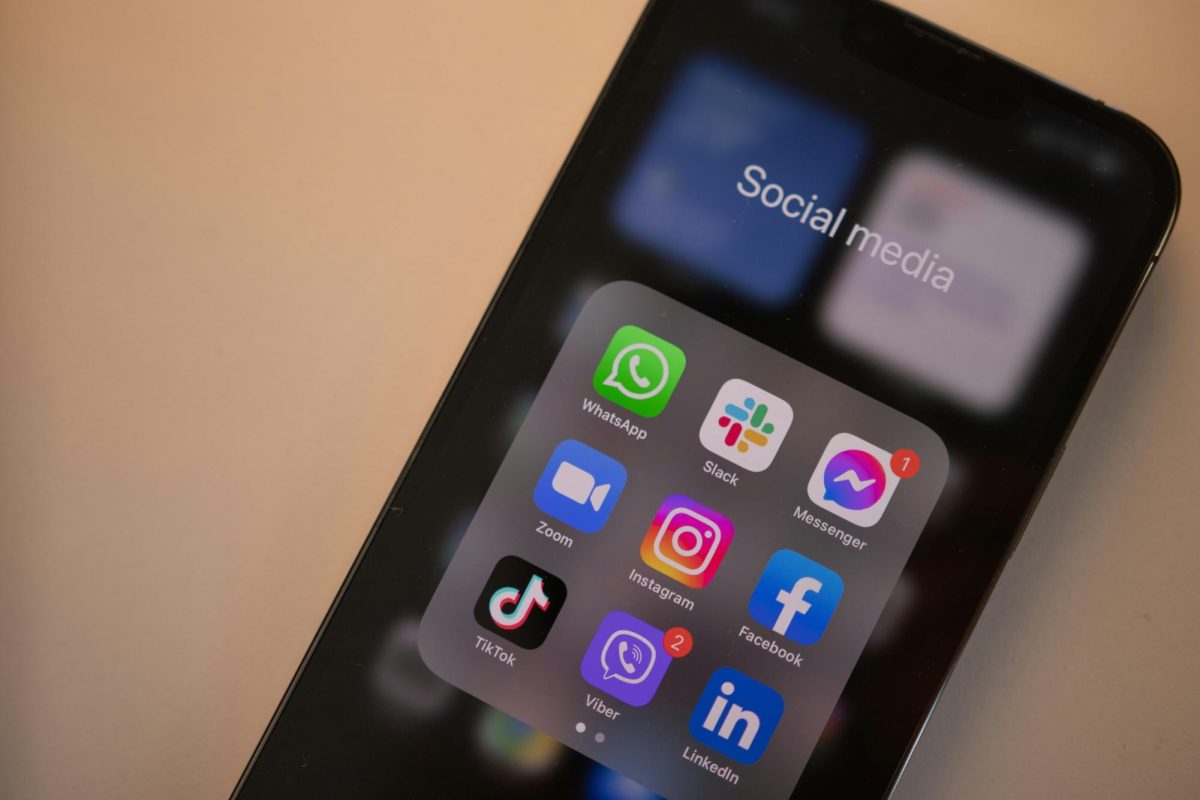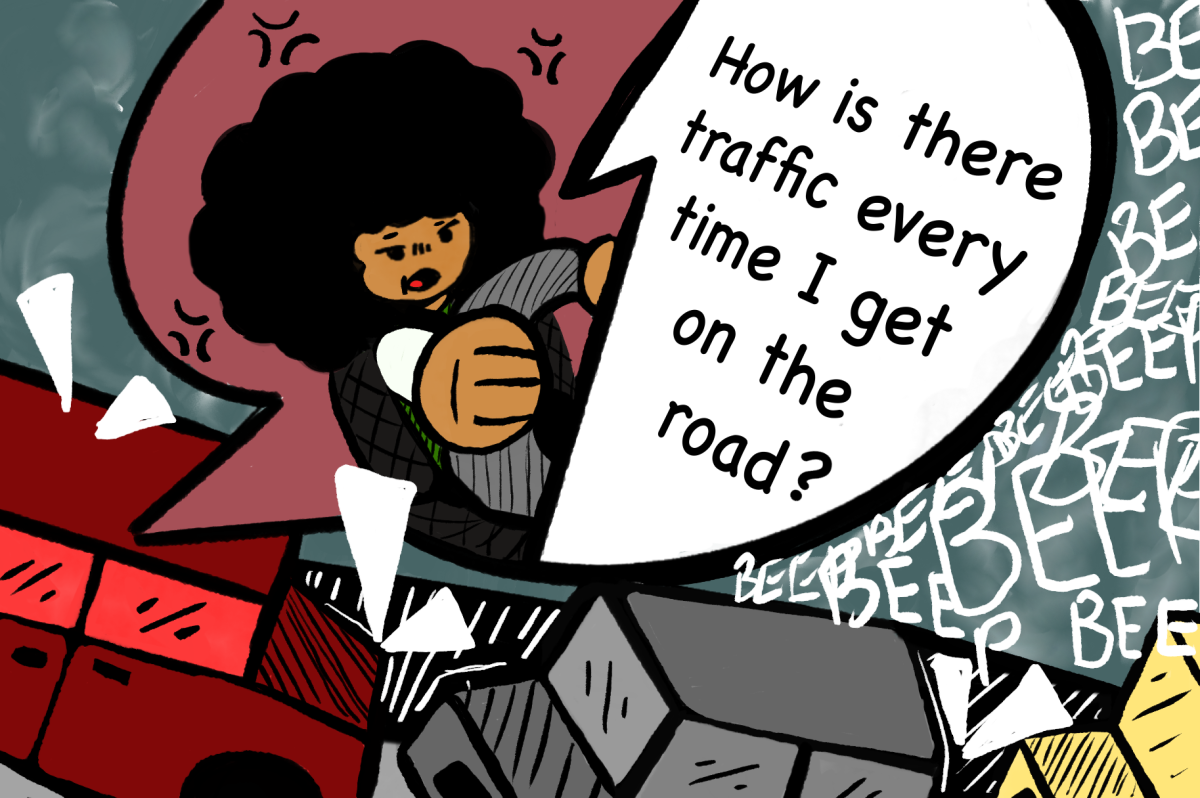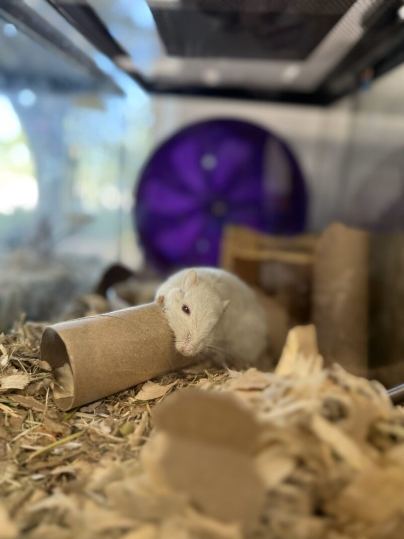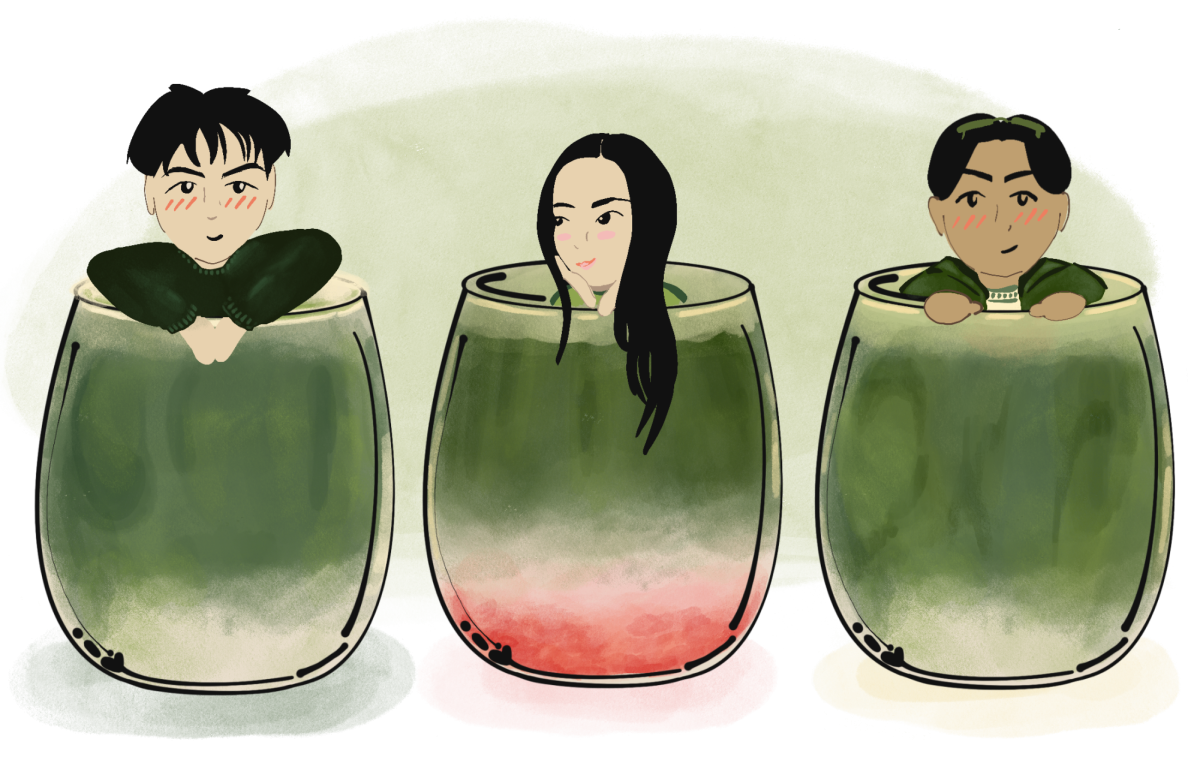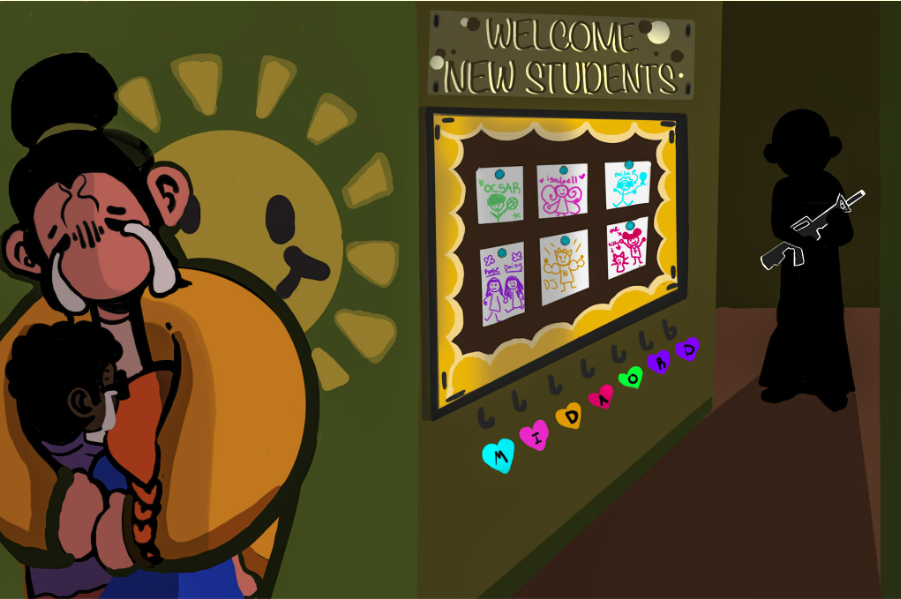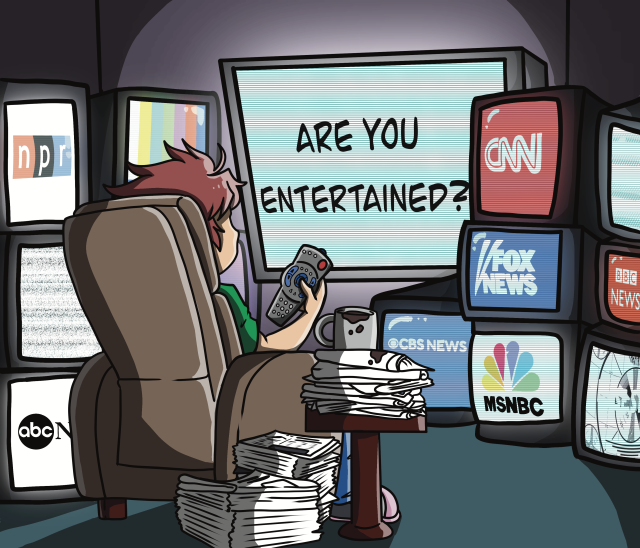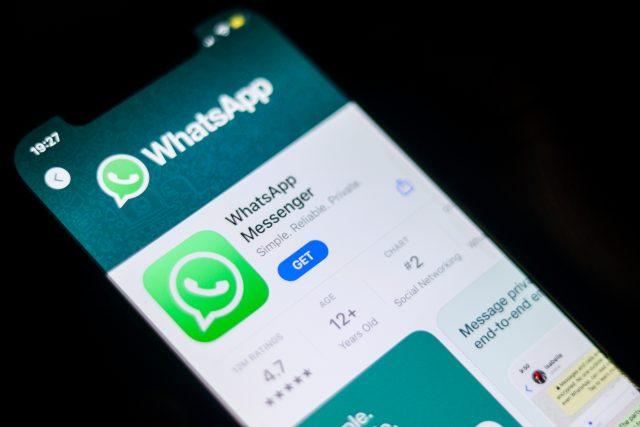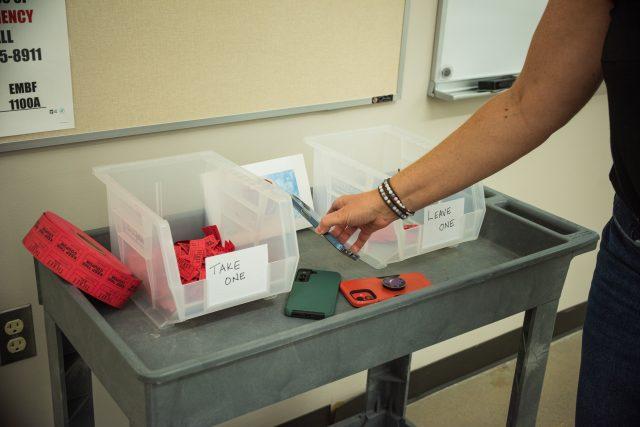OLLA MOKHTAR
campus editor
olla.mokhtar@my.tccd.edu
I was half an orphan graduating high school, and I’ll be half an orphan when I graduate college.
I’ll be half an orphan celebrating and half an orphan crying.
During the second semester of my junior year, I was taking an AP Biology exam, one I had been preparing weeks for. During lunch, I was going over the Krebs cycle, again.
Right before I sat down, my sister told me her best friend was hysterical and crying. My sister didn’t understand what she was saying, but I knew it had something to do with my mother.
I was right. After a year of battling cancer, it had finally won.
When I was told the news, the effect was instant. I was crying for a good 30 minutes, and usually when I cry, I go to my mother for comfort. The realization that she wasn’t there to comfort me and laugh about how puffy my eye bags were made me cry for an hour more.
What made it even worse was the rude and insensitive comments that were said to me afterwards. I was dealing with tone-deaf comments while grieving the most important person in my life. It simply made dealing with her death more insufferable.
Imagine having to deal with that and the fact that some people said “Oh, I don’t know what I would do without my mother.”
All I wanted to do was scream, “Neither do I ma’am. Are you that insensitive?”
If I could write that in all caps I would just to demonstrate how frustrated I was and still am.
The reason is because I had actually lost my mother. It wasn’t hypothetical to me. It was my reality. Saying that will only remind the person affected by the tragedy that they have to navigate life differently than the first decade and a half of their life.
My other qualm about having to grieve my mother was the number of aunties that said they would now be my mother. I’m going to break the fourth wall again and say if I could write a bunch of question marks, trust me I would. Blame the AP Stylebook, not me.
Again, I’m sure they were just trying to be nice, but did they ever think that anyone would replace their mother? Chances are the answer is no.
I was 16 years old, very confused, heartbroken and felt utterly alone because I was young. I had barely lived, and someone pivotal to my life experience was gone.
Of course, I was crying. Of course, I was devastated. I’ve dealt with loss before but because I wasn’t close to them, I didn’t feel the full effect of their losses, so of course losing my mother was different.
On top of that, this was during quarantine, so I had to stay at home and not interact with anyone. You may be thinking “Well, what about your other parent?”
Suffice to say, I’m just not close to him. My parents are immigrants and sometimes immigrant parents have a disconnect with their children who were born in America. For instance, after my mother passed away, I decided to talk to my counselor because I was struggling with how I was feeling. Naturally, they told my father, and when he told me about it, he was angry simply because I spoke to someone after a traumatic incident.
When someone is already trying to make out how they can move on with life due to a loss, they probably don’t have the energy nor the desire to respond to inappropriate ways of saying they’re sorry for your loss.
Since saying “I’m sorry for your loss” is an actual term, how about we stick to that, yes?

